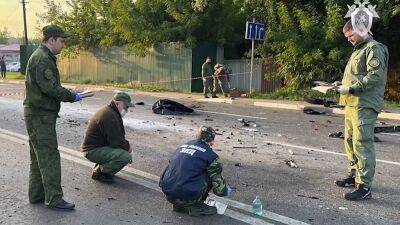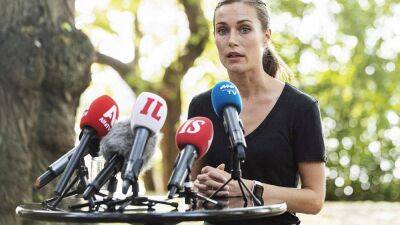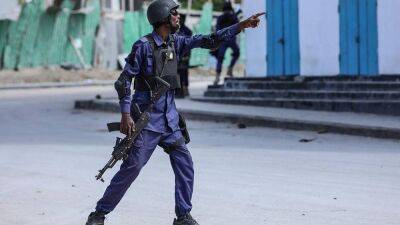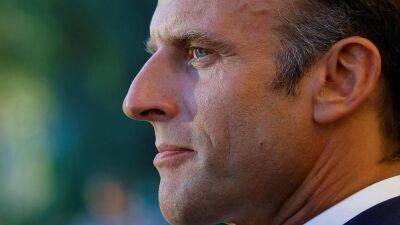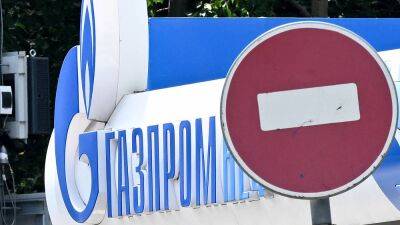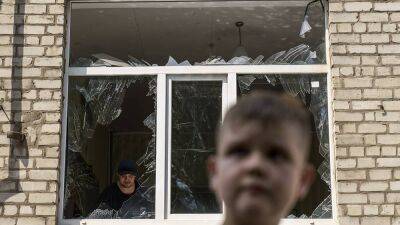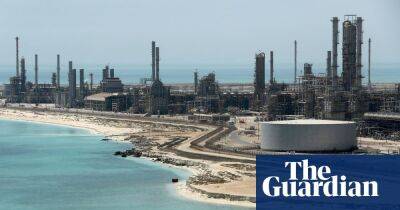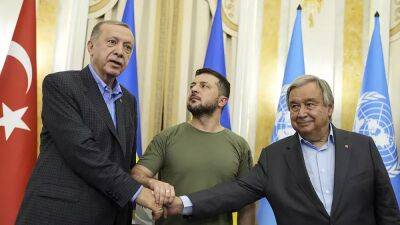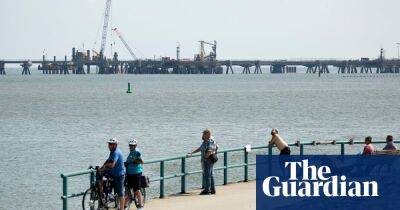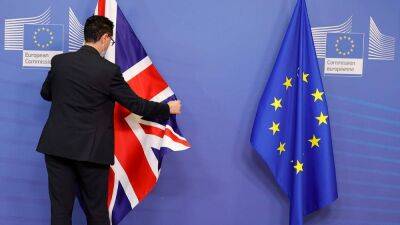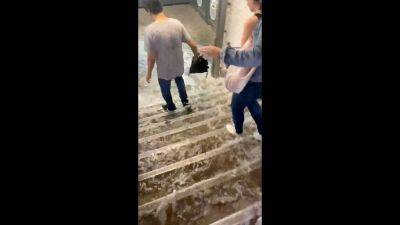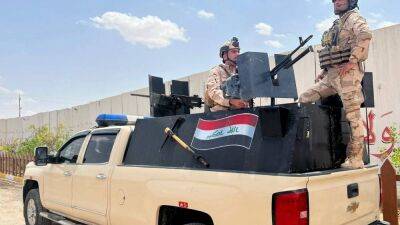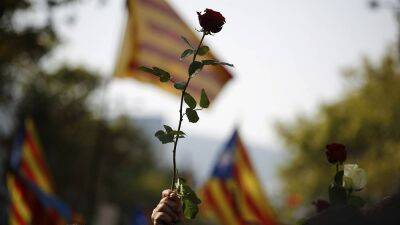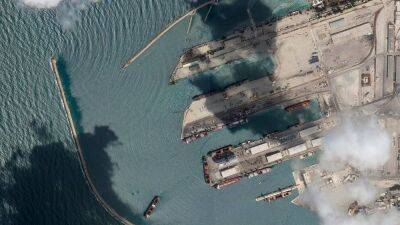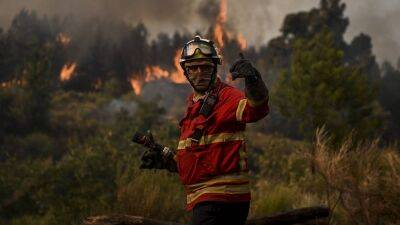Ukraine war: 'Likely Kyiv counterattack' in Crimea, Kerch Bridge threat, Zaporizhzhia conditions
Explosions at key Russian positions in occupied Crimea on Tuesday were "likely part of a coherent Ukrainian counteroffensive to regain control of the west bank of the Dnipro River," according to the US think-tank the Institute for the Study of War (ISW).
Meanwhile, British defence intelligence said that "Russian commanders will highly likely be increasingly concerned with the apparent deterioration in security across Crimea, which functions as a rear base area for the occupation".
Detonations at an ammunition depot near Dzhankoi were continuing on Wednesday following the previous day's explosions and fires that Russia acknowledged were "an act of sabotage".
It was a vivid reminder of Russia's vulnerability in Crimea and led to chaotic scenes when around 3,000 people had to be evacuated.
"A nearby railway and electricity sub-station were also likely damaged," said the UK defence ministry's daily update, adding that "smoke was rising from near Gvardeyskoye Airbase" in central Crimea, according to Russian media.
Gvardeyskoye and Dzhankoi "are home to two of the most important Russian military airfields in Crimea", British intelligence said.
"Russian supply lines from Crimea directly support Russian forces in mainland Ukraine including those in western Kherson Oblast," said the ISW's bulletin.
Although Kyiv has not claimed responsibility, the targeting of Russian positions in Crimea would be "consistent with the Ukrainian counteroffensive effort" and would likely disrupt the Russians' ability to sustain their forces and defend them from counterattacks.
If Ukrainian forces were behind the explosions, it would suggest that their operatives are able to penetrate deeply into Russian-occupied territory.
Tuesday's blasts follow those at an
Read more on euronews.com

